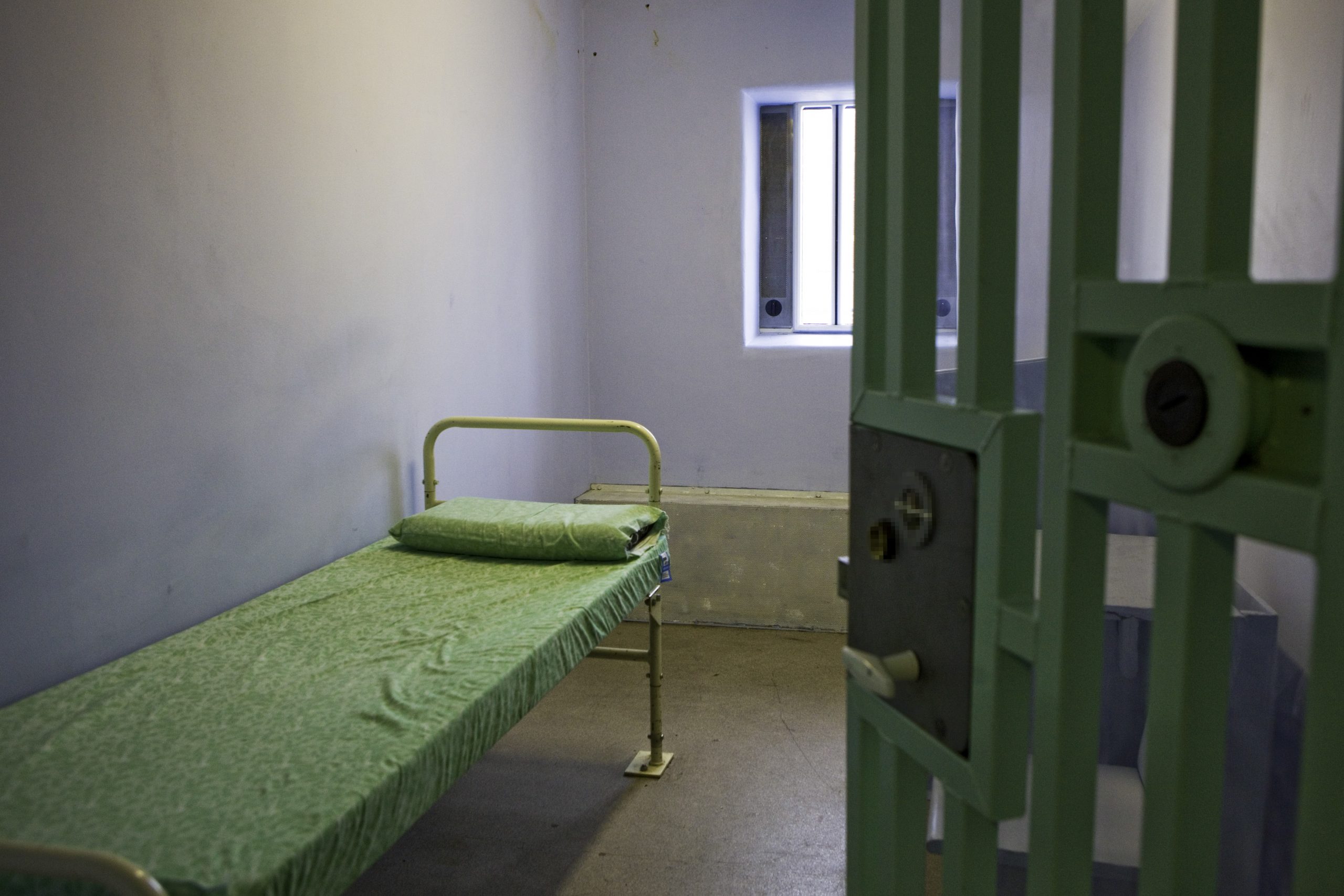Prisoners at HMP Wakefield are being held in solitary confinement for periods that are ‘simply unacceptable and arguably inhumane’, according to the latest report by the prisons watchdog. The report published by the Independent Monitoring Board found that an informal system of ‘merry-go-round’ had emerged where governors negotiated for prisoners to be transferred from one segregation unit directly to another. ‘This is simply wrong and must cease,’ the report says.
The IMB is a statutory body comprised of local members of the community which is responsible for monitoring prisons. One particular prisoner had served 949 days separate from other prisoners, and others had served between 100-300 days under continuous segregation. The IMB identifies an ‘evident deficiency’ in the prison being able to strategically manage prisoners with complex behaviours, such as those with a propensity to commit acts of violence. The practice of long-term segregation and the physical environment at HMP Wakefield was more likely than not to induce, rather than prevent, mental ill-health.
The segregation was largely authorised under rule 45 of the Prison Rules 1999 which permits a governor to remove a prisoner from the general population if it is for the ‘maintenance of good order or discipline or in his own interests that a prisoner should not associate with other prisoners’.
The report also found issues with the quality of mental health support offered to prisoners. Long-duration segregation had a clear impact on prisoners, some of whom presented with complex behaviours, such as self-harm and violence against staff. The report recommended that a mental health nurse should attend and contribute to discussion for any prisoner under consideration for further segregation.
This situation is a deterioration of concerns that were highlighted by IMB in the 2017/18 report, when it highlighted the ‘detrimental impact of prolonged segregation’ on prisoners. At that time, the IMB recommended that it was a matter of extreme urgency that prisoners with serious acute mental health conditions be transferred to appropriate accommodation. The IMB cautions the minister directly that a failure to address its concerns damages its ‘credibility and reputation among prisoners and staff’. It warns against the risk that ignoring concerns is to ‘disregard them as intractable and to be endured’. The report makes clear that segregation should not be used where it is unlikely to improve a prisoner’s behaviour, and a significant number of prisoners at HMP Wakefield should not be in segregation because of the impact on their mental health.







